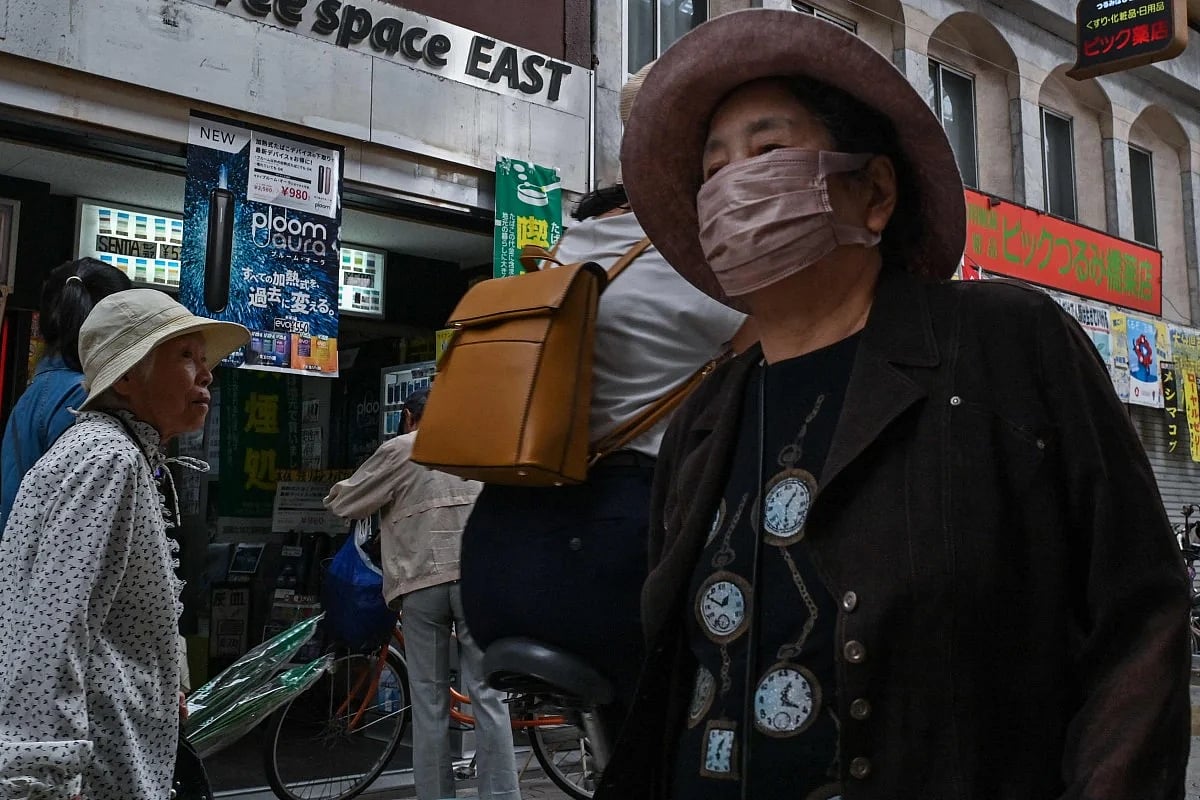Japan reports spike in flu cases, surpassing 'epidemic' threshold, 135 schools shut
4,030 cases detected in the week starting September 22, up 957 from the prior week

Japan’s health authorities have declared a nationwide influenza epidemic after an unprecedented early surge in cases, with medical experts warning that the virus may be evolving faster and spreading more easily than before.
The outbreak, striking five weeks earlier than last year, has led to hospitals filling up and schools closing across the country.
The unusually early and rapid spread suggests that the influenza virus is adapting at a historic pace, a trend seen not only in Japan but globally, prompting calls for increased vigilance among both residents and visitors.
Yoko Tsukamoto, a professor at the Health Sciences University of Hokkaido, told the South China Morning Post, “The flu season has started really early this year, but in the changing global environment this might become a more common scenario.”
On October 3, Japan’s Ministry of Health officially declared an epidemic after more than 4,000 people were treated for influenza in one week, marking a substantial rise compared to the previous period.
The ministry reported 4,030 cases at designated medical institutions for the week starting September 22, an increase of 957 from the prior week, surpassing the epidemic threshold of an average of 1.04 patients per institution.
Emerging research indicates the virus is spreading more efficiently and may be developing resistance to standard treatments.
Tsukamoto noted, “We are seeing this resistance in Japan, but it is also being reported in other parts of the world as well.”
Health experts link the surge partly to the resurgence of mass tourism in the post-pandemic era, which has accelerated people’s movement—and the spread of viruses—across borders.
“We are seeing a greater circulation of people, both in Japan and globally, with people taking the virus to new places, which is another factor behind the virus adapting to new environments,” Tsukamoto added.
135 schools closed
This week’s flu outbreaks have forced the closure of 135 schools, kindergartens, and childcare centres—three times more than this time last year. In Yamagata prefecture, a primary school closed abruptly after 22 out of 36 pupils showed flu symptoms.
Okinawa, Tokyo, Kagoshima, and 28 of Japan’s 47 prefectures have all reported rising cases.
With the flu season’s peak expected earlier than usual, Tsukamoto urged prompt vaccination, especially for vulnerable groups. “For people who are healthy, the flu should not be too dangerous, although it could be unpleasant,” she said.
“Young children, the elderly and anyone with underlying health conditions were recommended to get vaccinated.”
Precautions
She also stressed common-sense precautions: “People need to take common sense precautions. I’m going to get my vaccination later this week and people should wash their hands regularly, even if they do not think they have come in contact with the virus.”
Foreign visitors to Japan are also advised to be cautious as tourism remains high.
Travel marketing analyst Ashley Harvey, with over 15 years’ experience in Japan, supported this advice: “I am not sure if the strain we are seeing in Japan is the same as in other countries, so I do not know if a vaccination before travelling to Japan will be effective. But there are other precautions that can be.”
He emphasised handwashing, ensuring well-ventilated spaces, and the personal choice to wear a face mask as effective measures.
Sign up for the Daily Briefing
Get the latest news and updates straight to your inbox
Network Links
GN StoreDownload our app
© Al Nisr Publishing LLC 2026. All rights reserved.